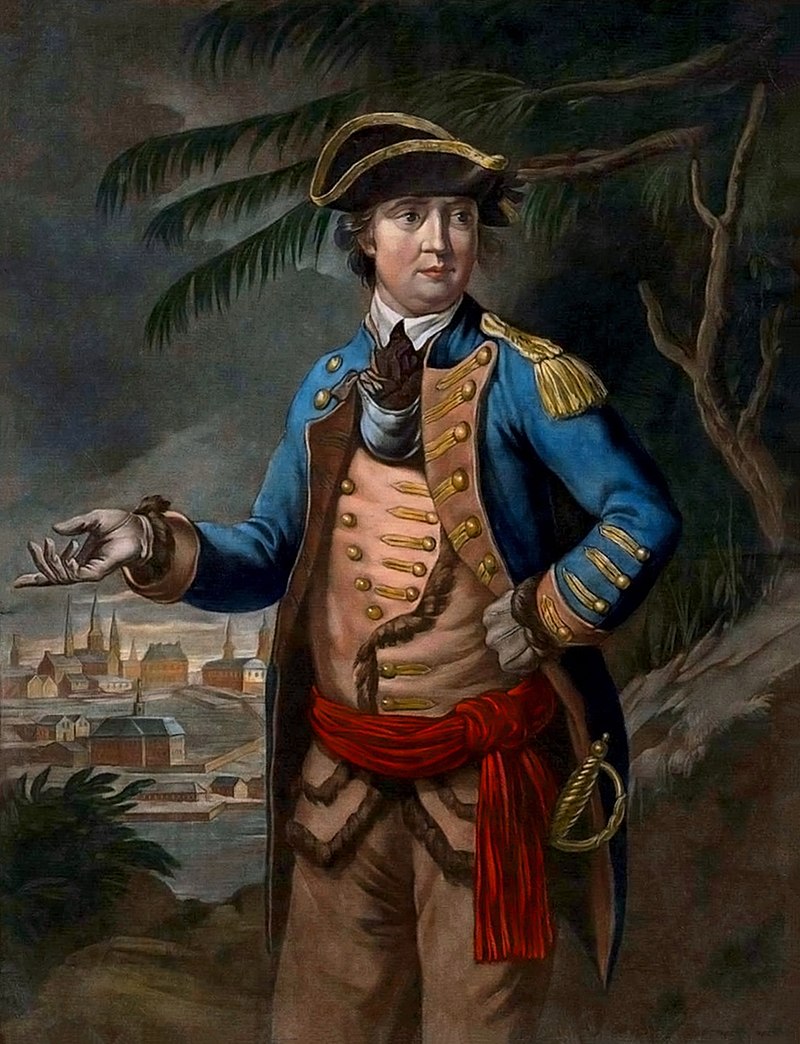On this day in 1741, Benedict Arnold, a man of both valor and infamy, was born. He was first known as a heroic general in the American Revolutionary War, and his early heroism earned him admiration. However, Arnold later shocked the young nation by betraying it, becoming one of history’s most notorious traitors.
Arnold’s early military career was marked by bravery and strategic brilliance, notably at the Battle of Saratoga. However, resentment, financial troubles, and a perceived lack of recognition led him to conspire with the British. His attempted handover of West Point in 1780 was thwarted, a moment of relief for the young nation, but Arnold fled, sealing his legacy as a symbol of betrayal.
Fun Facts:
- Arnold’s military leadership was pivotal in early Revolutionary battles. He was known for his daring exploits during the invasion of Canada and his critical role in the Battle of Saratoga.
- In 1780, Arnold plotted to hand over West Point to the British in exchange for money and a position in their army. The plot was uncovered, but Arnold escaped to British lines.
- Arnold’s name has since become synonymous with treachery in American history, a cautionary tale of ambition turned to disloyalty. His actions have left a lasting impact on the course of American history, a weight that cannot be ignored.
- Arnold’s life was marked by contradictions—a fearless leader and brilliant strategist whose grievances and ambition led him to betray the cause he once championed. After his defection, Arnold lived in England for the remainder of his life, dying in relative obscurity in 1801.
- Despite his betrayal, Arnold’s early contributions to the American Revolution remain undeniable. His story reminds us of the complexities of human nature and the consequences of choices driven by pride and resentment.
- Arnold’s plot to betray West Point was nearly successful. Had it succeeded, it could have drastically altered the outcome of the Revolutionary War.

